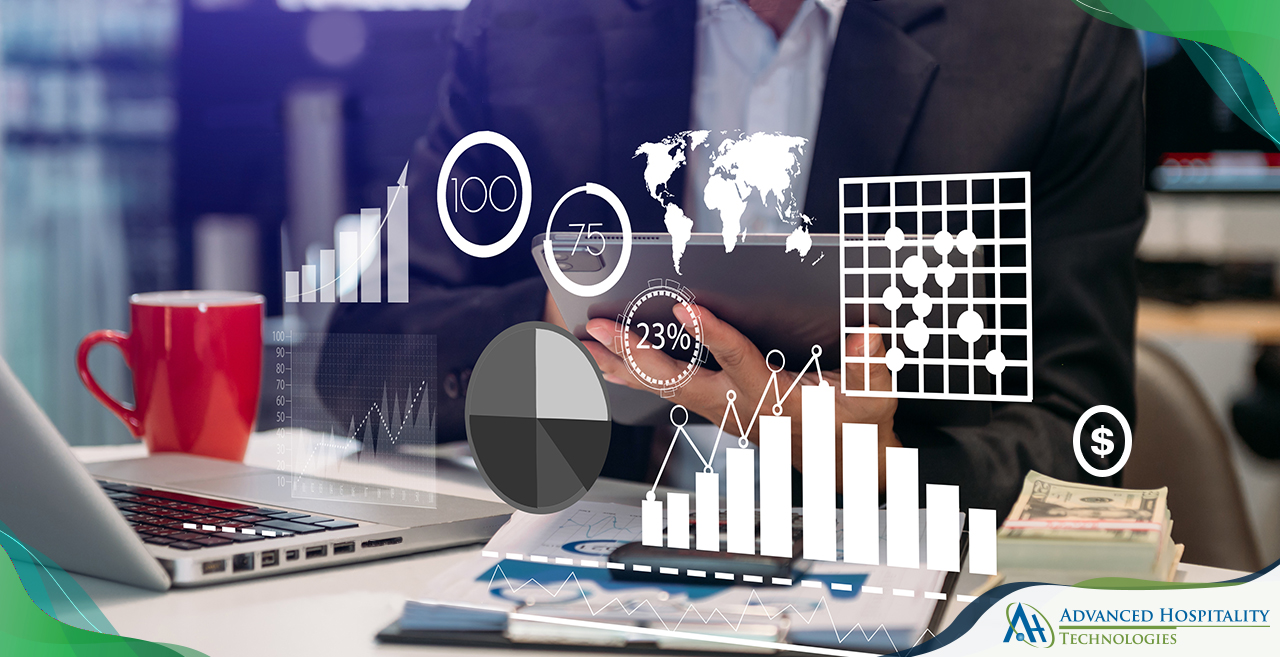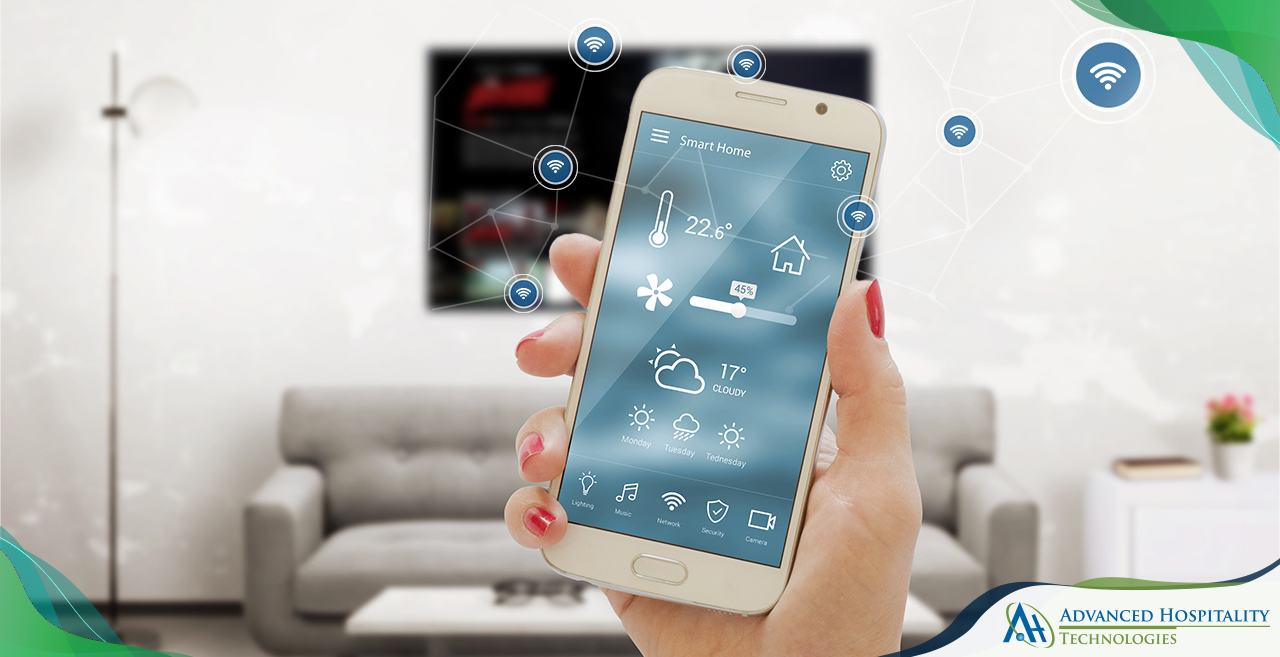Introduction
The hospitality industry today operates in an increasingly competitive and complex environment. With rising costs, changing guest expectations, and new technologies constantly emerging, hospitality professionals need every advantage available to make smart, agile business decisions. This is where harnessing the power of data comes in.
Data-driven decision making has become critical for success in the hospitality sector. Whether it’s tracking reservation patterns, optimizing staff levels, developing personalized promotions, or spotting new opportunities, having detailed data and analytics is invaluable. The benefits of basing choices on concrete metrics rather than guesswork are profound. Data helps hospitality businesses work smarter, not harder. It enables them to operate more efficiently, provide superior guest experiences, and maintain a competitive edge.
In this blog post, we will explore multiple ways that hospitality professionals can leverage data to guide business strategy and day-to-day operations. From driving bookings to forecasting demand, the examples below demonstrate the immense value of fact-based decision making in today’s data-rich landscape. The data revolution has made metrics, business intelligence, and analytics indispensable resources for hospitality leaders. The ability to harness data and turn it into actionable insights is becoming a make-or-break necessity in this industry. Read on to understand why data-driven decision making is no longer optional, but a prerequisite for success.
Improved Efficiency
Data analysis enables hospitality businesses to identify inefficient processes and wasteful spending, allowing them to optimize operations in a fact-based manner. By gathering and analyzing data on staff schedules, inventory levels, energy usage, and more, managers can pinpoint areas of waste and make data-driven decisions to improve efficiency.
For example, labor costs are a huge expense in the hospitality industry. By using data analytics to analyze sales patterns throughout the day and week, managers can better align staff schedules with guest demand. This ensures adequate staffing during peak times without overstaffing during slow periods, optimizing labor costs. Inventory management is another area where data analysis pays dividends. By tracking ingredient usage and minimizing waste, restaurants can fine-tune ordering and stocking levels to avoid tying up excess capital in inventory.
Applied on a broader scale, data analysis helps hospitality businesses eliminate activities that add cost without contributing value. The data provides visibility into where resources are being used inefficiently. Armed with data-backed insights, managers can streamline operations in a strategic way to reduce expenses and boost profit margins. Rather than making blind guesses at where waste might exist, data analysis shines a spotlight on problem areas.
Better Understanding of Customers
The hospitality industry lives and dies by its ability to serve customers. With data analytics, hospitality businesses can develop a deeper understanding of their customers and tailor offerings and experiences to delight them.
By collecting and analyzing data on customer demographics, geographic locations, booking preferences, social media activity, and more, hospitality professionals gain invaluable insights into customer preferences, behaviors, and motivations. For example, data may reveal what hotel amenities different age groups prioritize, favorite local restaurant cuisines by market, or what incentives motivate booking direct over third-party sites.
Armed with rich customer data and insights, hospitality businesses can segment their customer base and personalize offerings and communications to each group. Hotels may develop custom packages for families versus business travelers or target promotions to customers on important birthdays. Restaurants can refine menus and dining room layouts to cater to their neighborhood’s tastes.
The opportunities are endless, but it all starts with gathering customer data from surveys, loyalty programs, online reviews, sales records, and other sources. Then applying analytics tools to derive meaning from the data. With a detailed picture of existing and potential customers, hospitality businesses can provide more customized and relevant experiences. The result is happier, more loyal customers.
More Effective Marketing
Having data on customers and their behavior allows hospitality brands to run more effective digital marketing campaigns. With data, companies can gain insights into customer demographics, interests, purchasing habits, and more.
These insights enable hospitality marketers to identify and target their optimal customer profiles across various channels. Data also helps hospitality brands track marketing campaign performance, honing in on the most effective strategies over time.
In addition, customer data enables personalization and customization of marketing messages. Brands can tailor content, offers, promotions and experiences to specific customer segments and individuals. Personalized messaging converts at higher rates than generic, one-size-fits-all marketing.
Data allows hospitality marketers to:
- Identify the best marketing channels to reach different customer profiles. Email, social media ads, search ads, affiliate marketing, and more can be optimized based on data insights.
- Craft targeted messaging that speaks directly to customers based on their interests and preferences.
- Continuously experiment with new marketing initiatives while measuring results. Over time, hospitality brands can double down on their most effective campaigns.
- Attribute marketing spend to sales impact and ROI. With data, there is visibility into what’s working and not working.
- Build more effective marketing automation flows based on customer actions and engagement.
Overall, a data-driven approach enables more relevant and impactful marketing. Hospitality brands that leverage customer data see significant improvements in campaign efficiency, customer engagement, and marketing ROI.
Data-Backed Pricing
Effective demand-based pricing utilizes statistical algorithms to analyze historical booking data, taking into account seasons, events, and competitors’ rates. This enables hotels to set optimal flexible prices according to real-time demand. Rather than relying on rigid rack rates, data-driven dynamic pricing aims to maximize both occupancy and revenue by responding to changing market conditions and forecasted demand.
For example, hotels can raise prices during peak seasons or lower prices during slow seasons and off-peak days. Data and analytics equip revenue managers to optimize pricing on a daily basis and refine rate strategies. Machine learning models can even automate personalized pricing across room types and length of stay. By leveraging data to set competitive flexible rates, hotels and casinos can maximize revenues and profits.
Improved Forecasting
With access to historical booking and customer data, hospitality businesses can leverage analytics tools to create highly accurate demand forecasts. Rather than relying on gut intuition or basic Excel calculations, analytics provide granular insights into future occupancy, average daily rates, booking windows, and more. Powerful forecasting enables better capacity planning, staffing optimization, inventory management, and budgeting.
Hotels can forecast demand by market segment, room type, and length of stay. Restaurants can predict customer traffic patterns. Event venues can estimate attendance and concession sales. Accurate forecasts ensure you have the right capacity to meet demand without overstaffing or losing revenue from unfilled capacity. Data-driven forecasting provides a competitive edge in planning, maximizing revenue opportunities, and providing top-notch customer service.
Data-Driven Innovation
The data collected from customers and operations can fuel innovation by revealing unmet needs and untapped opportunities. With detailed analytics, hospitality businesses can identify customer pain points, desires, and behaviors that point to potential new offerings. Data provides insights that support developing innovative products, services, technologies, and business models aligned with customer and market trends.
For example, data may show that a certain customer demographic responds positively to sustainable practices. This could spur creation of new eco-friendly service lines. Or data can uncover demand for more modern, tech-enabled experiences, leading to integration of the latest innovations. Ongoing analysis helps hospitality stay attuned to evolving consumer sentiments and ahead of the curve. With data steering innovation efforts, they are grounded in real customer and operational intelligence vs assumptions. This results in innovations that fulfill purpose and promise, enabling hospitality businesses to better meet customer needs as they arise.
Competitive Advantage
With data analytics, hospitality businesses can gain a competitive edge over rivals who rely more on intuition and gut instinct. By leveraging data to guide decisions, hospitality companies can outperform competitors who fail to embrace a data-driven approach.
Data analytics allows hospitality firms to harness insights that competitors simply don’t have access to. This generates an informational advantage that enables better and faster decision making. Data-driven companies can more nimbly respond to emerging trends, customer needs, and market forces.
Moreover, data analytics becomes a core competency and strategic asset for hospitality businesses. Companies that build strong analytics capabilities ingrain data-based thinking into their culture and operations. This institutionalized proficiency with using data for continuous improvement creates a lasting competitive advantage. Competitors struggle to catch up once a hospitality firm establishes data analytics as an organizational strength.
In essence, hospitality companies that commit to data-driven decision making gain a competitive edge. They understand their customers, markets, and operations better than rivals relying on hunches rather than data. By leaning on analytics, hospitality leaders make smarter choices that help their business pull ahead of less data-savvy competitors.
Risk Management
Big data analytics enables hospitality businesses to better identify, quantify, and mitigate risks. By analyzing past data, companies can pinpoint risk factors that lead to revenue loss, accidents, customer complaints, and other undesirable outcomes.
For example, a hotel could use weather data to forecast low occupancy rates during a storm. Knowing this risk factor ahead of time allows them to implement strategies to minimize the impact, like offering discounts to attract more bookings.
Data analytics also facilitates risk quantification. Businesses can assign probabilities and estimate the potential impact of events using statistical modeling techniques. This makes risk mitigation more targeted.
Say a resort has identified theft as a risk factor for guests. Big data helps assess how probable theft is based on past incident reports. The business can then focus security resources around high-risk areas and times.
Overall, a data-driven approach to risk management gives hospitality companies an advantage. By spotlighting risks and estimating their likelihood and effects, big data enables more proactive, cost-effective risk mitigation. This protects the business from potential crises and improves long-term success.
Conclusion
The hospitality industry stands to gain a great deal from embracing data-driven decision making. As discussed, adopting analytics and business intelligence practices can lead to improved efficiency, a better understanding of customers, more effective marketing tactics, data-backed pricing, enhanced forecasting abilities, spur innovation, provide competitive advantages, and strengthen risk management.
With the ability to collect and analyze more guest and operational data than ever before, hospitality professionals have an immense opportunity to make smarter, more informed choices that will improve the bottom line. Whether it’s optimizing staff schedules, personalizing guest experiences, predicting busy periods, maximizing revenue per room, or driving repeat business, data-driven insights enable hoteliers to run a tighter, more profitable ship.
The takeaway is clear – with the right analytics foundation, skills, and processes in place, hospitality brands can unlock transformative benefits. Data democratization is critical to keep pace with guest expectations and competition in the modern travel landscape. The time is now for hotels, resorts, and restaurants to fully embrace data-driven decision making. Begin leveraging the wealth of data at your fingertips, enable data accessibility across your organization, invest in business intelligence training for your teams, and watch as the insights uncovered dramatically improve your operations and strategic planning.




